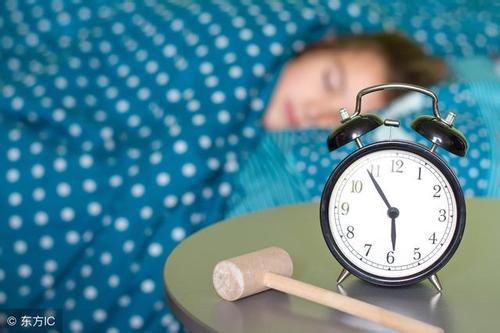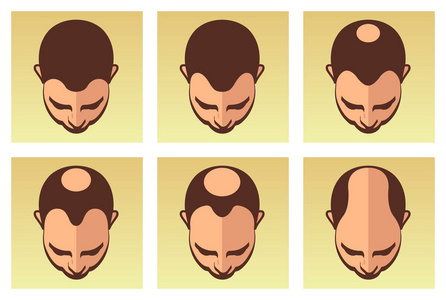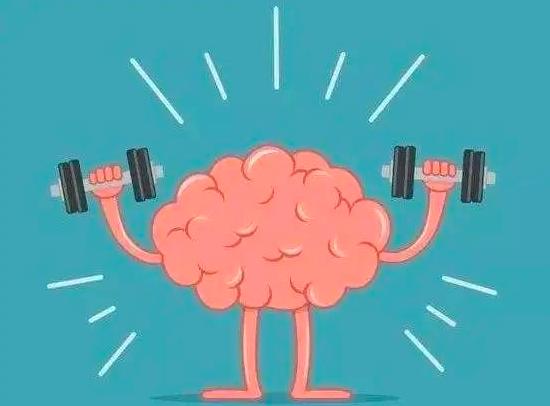Sleep, this "little partner" that we have to be in close contact with every day, sometimes seems like a naughty child, unpredictable. When night falls, have you ever tossed and turned in bed, hoping to find the "magic key" that can help you fall asleep quickly? In this process, the name melatonin may have entered your sight. So, is melatonin our sleep saviour?

Melatonin, which many people regard as a "magic drug" for treating insomnia, is not as magical as everyone thinks. Many people with sleep disorders choose to buy and take melatonin on their own, but doctors remind us not to regard melatonin as a life-saving straw. Although melatonin is a health product, it cannot replace real drugs or non-medical treatment. First, let’s get to know the “mysterious guest” of melatonin. Melatonin may sound like a high-tech product, but it is a hormone naturally secreted by our bodies. Its main job is to regulate our biological clock, telling us when to sleep and when to wake up. In some situations, such as shift work, jet lag, etc., people may choose to supplement with some melatonin to help adjust their biological clock.
For people who occasionally need to work shifts or suffer from jet lag, supplementing with melatonin in an appropriate amount may have an initial effect, but it is actually of little help for long-term difficulty falling asleep and insomnia. What's worse is that if used for a long time, it may cause some adverse reactions, such as headaches, dizziness, etc. Importantly, there is currently no authoritative research or statement recommending the use of melatonin to treat insomnia. So, if you also have sleep problems, don’t blindly follow the trend and take melatonin. The best way is to consult a doctor to find a treatment method that suits you.
Sleep problems are like a sudden storm. Sometimes it may only stay for a short time, but sometimes it will continue to affect our lives. When encountering such a "storm", the first thing we need to do is observe its intensity and duration. If this "storm" only comes occasionally, such as short-term insomnia caused by high work pressure or irregular life schedules, then we can try to adjust our schedule, relax our mood, and give it some time to recede naturally. After all, life’s little episodes will come up from time to time, and they don’t stay forever. However, if this "storm" continues and even begins to affect our daily lives, such as making us feel tired during the day, unable to concentrate, or experiencing mood swings, then at this time we need to consider seeking professional help. After all, sometimes it may be difficult for us to withstand the storm on our own.

In short, melatonin may be able to help sleep in some cases, but it is not the magic key to solving all sleep problems. Although it is discouraging to say this when facing sleep problems, you still need to actively adjust yourself. If you are diagnosed with a serious sleep problem, use medication with caution under the advice of your doctor. We need to make one concept clear: good sleeping habits are the key to solving sleep problems. Maintaining a regular work and rest schedule, creating a comfortable sleeping environment, and avoiding overstimulation are all important factors that help us have good sleep. Let us take good care of our sleep and enjoy every good night!






